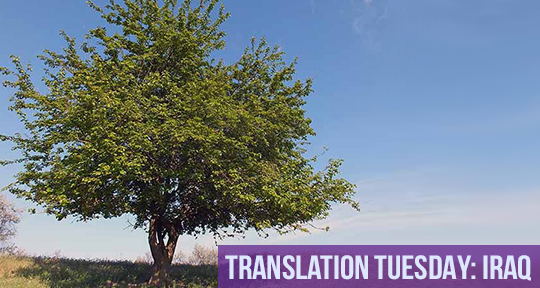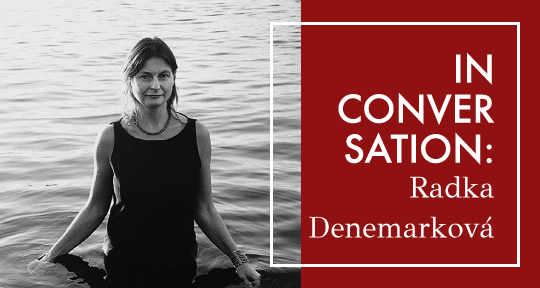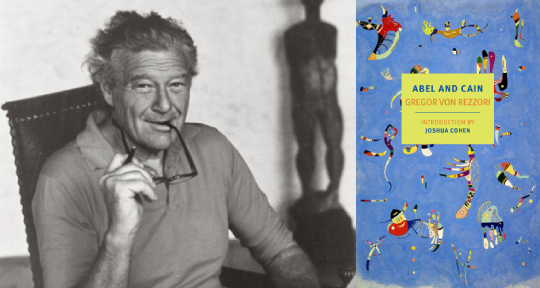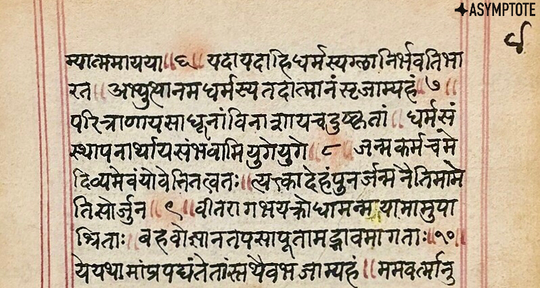This year’s winner of the Poetry category in Asymptote’s fourth annual Close Approximations Translation Contest was Daniel Owen. Poetry judge Eugene Ostashevsky called Alfizal Malna’s text “intellectual poetry of the highest caliber,” praising Owen for his “elegant, reserved English,” and for offering readers “a beautiful thing of clear obscurity” in his translations of Malna’s Document Shredding Museum.
We recently caught up with Yogyakarta-based Daniel to learn more about his work with the legendary Afrizal Malna, the process of “unsomeoneification,” and what he has been up to since winning the Close Approximations contest in January.
Sarah Timmer Harvey (STH): I found your translations of Document Shredding Museum to be incredibly beautiful and inviting; no easy feat given the complexity of Malna’s writing. How did you first come to Afrizal Malna and his work?
Daniel Owen (DO): I met Afrizal at Kampung Buku Jogja, an annual literary event in Yogyakarta with a book fair, readings, and discussions. I had just come to stay awhile in Jogja to intensively study Indonesian language and to read and subsequently translate Indonesian literature. While my Indonesian was okay when we first met, I hadn’t yet read much and was quite ignorant of the literary landscape. We were introduced by my friends, the writers and small press publishers Lelaki Budiman and Tiaswening Maharsi, after Afrizal’s discussion on theater and poetry with Gunawan Maryanto. I bought a copy of his new book of short stories, Pagi Yang Miring Ke Kanan (Nyala, 2017) and we chatted a bit. Following our initial meeting, I started reading Afrizal’s work pretty intensely, the short stories along with poems I found on the internet, and then his book of essays Sesuatu Indonesia. I found myself entranced by the poems; it was like encountering something extremely familiar yet at the same time novel. That kind of tickling of the sensibilities that’s both troubling and pleasurable, takes you, as a reader, outside yourself while making you feel more yourself. I started translating these poems which I’d found online, primarily to see what would happen and to share them with non-Indonesian-speaking friends who asked about what I was reading, thinking about, engaging with. And then I borrowed Museum Penghancur Dokumen from Budiman, read the whole thing and started translating it.








